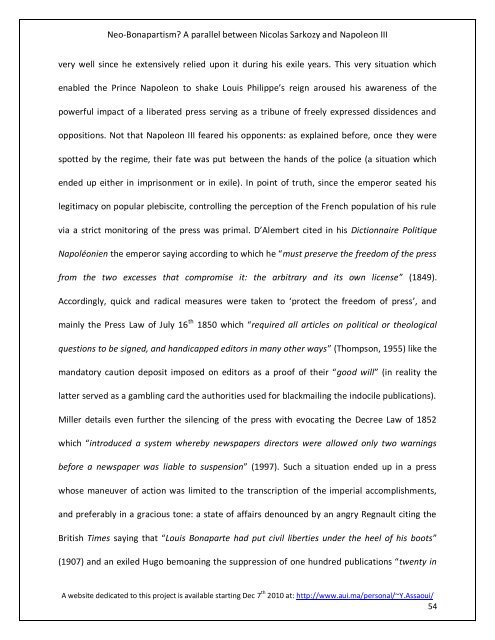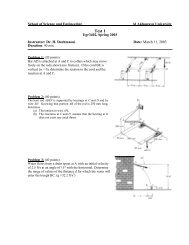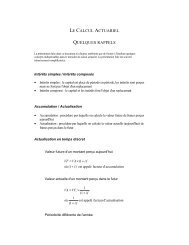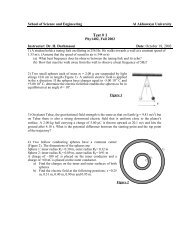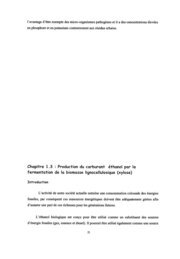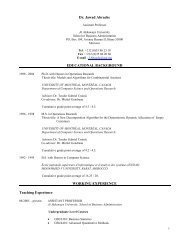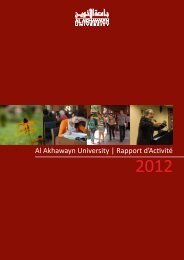Neo-Bonapartism? A parallel between Nicolas Sarkozy and ...
Neo-Bonapartism? A parallel between Nicolas Sarkozy and ...
Neo-Bonapartism? A parallel between Nicolas Sarkozy and ...
You also want an ePaper? Increase the reach of your titles
YUMPU automatically turns print PDFs into web optimized ePapers that Google loves.
<strong>Neo</strong>-<strong>Bonapartism</strong>? A <strong>parallel</strong> <strong>between</strong> <strong>Nicolas</strong> <strong>Sarkozy</strong> <strong>and</strong> Napoleon III<br />
very well since he extensively relied upon it during his exile years. This very situation which<br />
enabled the Prince Napoleon to shake Louis Philippe’s reign aroused his awareness of the<br />
powerful impact of a liberated press serving as a tribune of freely expressed dissidences <strong>and</strong><br />
oppositions. Not that Napoleon III feared his opponents: as explained before, once they were<br />
spotted by the regime, their fate was put <strong>between</strong> the h<strong>and</strong>s of the police (a situation which<br />
ended up either in imprisonment or in exile). In point of truth, since the emperor seated his<br />
legitimacy on popular plebiscite, controlling the perception of the French population of his rule<br />
via a strict monitoring of the press was primal. D’Alembert cited in his Dictionnaire Politique<br />
Napoléonien the emperor saying according to which he “must preserve the freedom of the press<br />
from the two excesses that compromise it: the arbitrary <strong>and</strong> its own license” (1849).<br />
Accordingly, quick <strong>and</strong> radical measures were taken to ‘protect the freedom of press’, <strong>and</strong><br />
mainly the Press Law of July 16 th 1850 which “required all articles on political or theological<br />
questions to be signed, <strong>and</strong> h<strong>and</strong>icapped editors in many other ways” (Thompson, 1955) like the<br />
m<strong>and</strong>atory caution deposit imposed on editors as a proof of their “good will” (in reality the<br />
latter served as a gambling card the authorities used for blackmailing the indocile publications).<br />
Miller details even further the silencing of the press with evocating the Decree Law of 1852<br />
which “introduced a system whereby newspapers directors were allowed only two warnings<br />
before a newspaper was liable to suspension” (1997). Such a situation ended up in a press<br />
whose maneuver of action was limited to the transcription of the imperial accomplishments,<br />
<strong>and</strong> preferably in a gracious tone: a state of affairs denounced by an angry Regnault citing the<br />
British Times saying that “Louis Bonaparte had put civil liberties under the heel of his boots”<br />
(1907) <strong>and</strong> an exiled Hugo bemoaning the suppression of one hundred publications “twenty in<br />
A website dedicated to this project is available starting Dec 7 th 2010 at: http://www.aui.ma/personal/~Y.Assaoui/<br />
54


